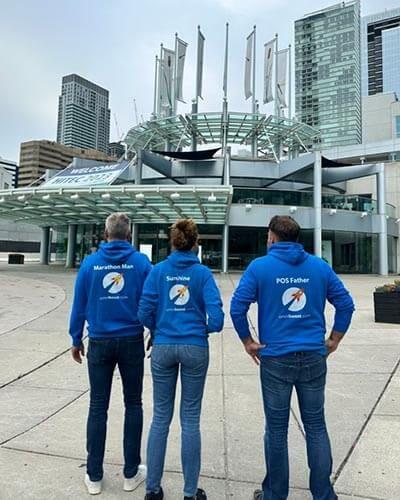If data is indeed the new oil, then Omniboost helps its hospitality clients to put that oil in the right tank. While data being stored in silos has been a challenge, Baecke says that challenge has only “gotten worse in the past couple of years”.
He cites this creation of data silos on availability of many technology and cloud-based systems in the hospitality sector. “So there’s more data silos between the system now and the problem that we solve is also twofold”, he says.
The first problem being solved by Omniboost is integration with its staple product called automation of accounting. Omniboost calls it the standard for accounting across the board and various regions. Since it is completely source agnostic, it is also able to create a powerful ETL that can work anywhere.
For hospitality chains with different brands operating with different systems, Baecke says Omniboost’s ETL can standardise the information extracted from these systems to create one common language across the company. He says this allows the “management to see the performance overall without having to do manual extraction of excel sheets and trying to stick them together”.
The second problem that Omniboost is solving is supporting legacy systems used in the hospitality industry. By providing the same services to its customers whether they use an on-premise solution or a cloud-based solution, Omniboost is able to maintain synergy and support transition for its customers.
The success of Omniboost essentially demonstrates the success of technology to solve a major data challenge in the hospitality industry. The path they took to reach there is one of resilience and belief in building a product that would actually solve a complete problem and not 40, 60 or even 90 per cent of it.
Baecke says entrepreneurs should have a clear business model of what they want to achieve in a specific number of years and a clear strategy to not only delight their customers but also achieve enterprise success.










